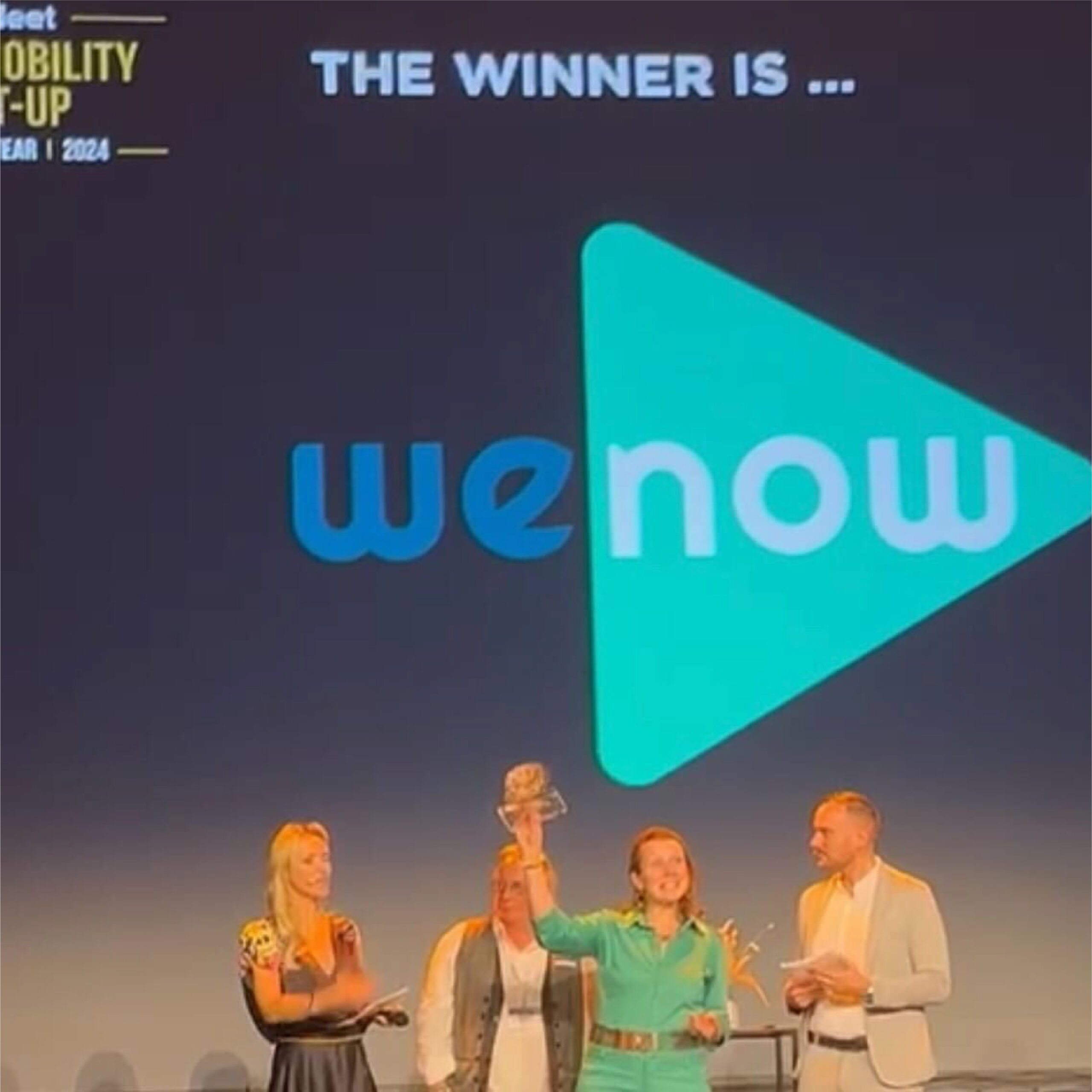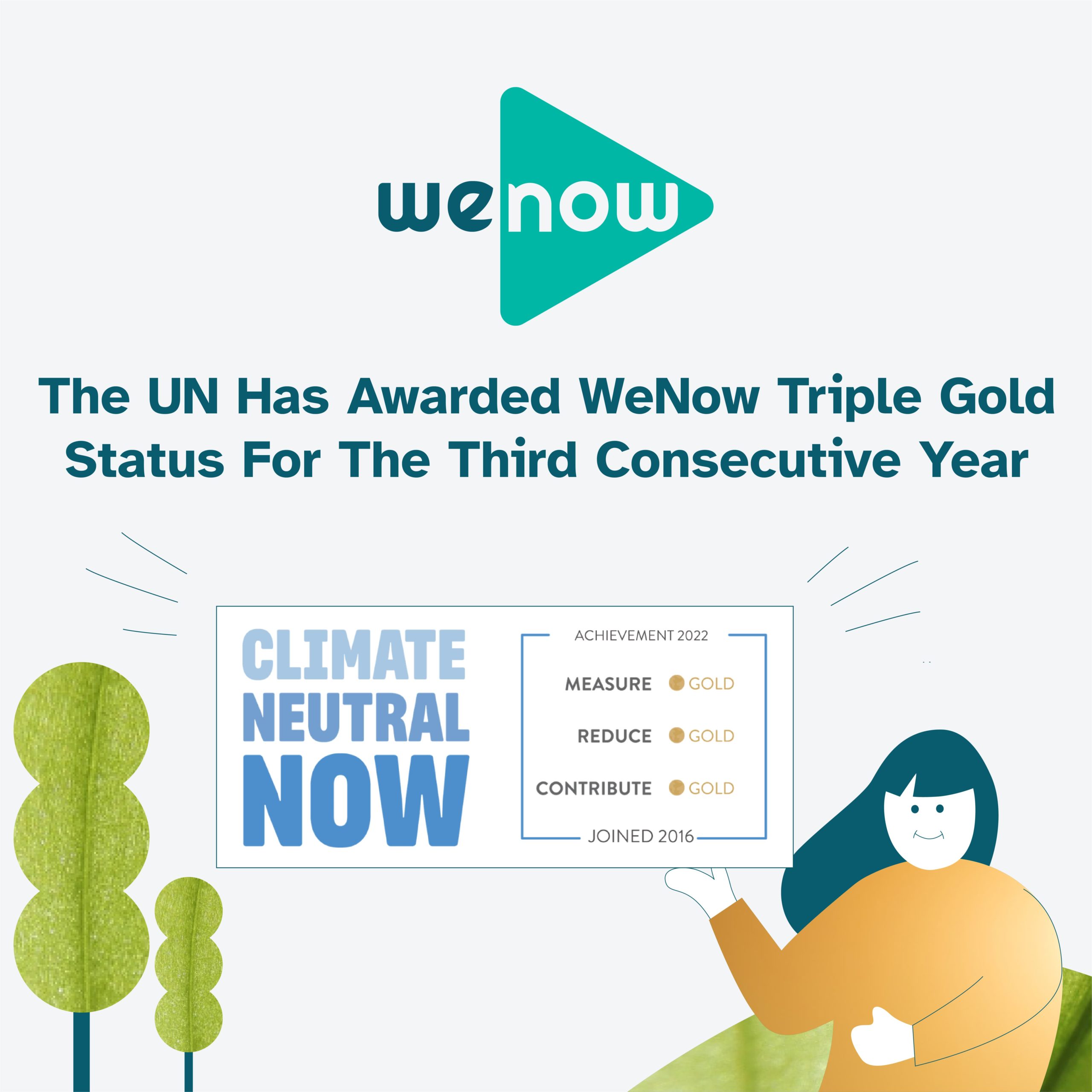Article
Climate Education: Why We’ve Chosen Not To Cast Blame
2 August 2023 - par Fabien Carimalo


Contents
Often, when you want people to change, you instinctively point a finger at what other people are doing wrong and emphasise what’s negative. Doesn’t it seem logical to show people what they’re doing wrong if you want them to improve?
But at WeNow, we prefer to highlight what’s been done right.
Let us explain 😉.
We all have good reasons for acting as we do
No one takes their car just to pollute.
We use a car because we need to get somewhere. We may not have reflected on the fact that we could get there in a more energy-efficient way or that maybe there was no need to make the trip at all. But we never do it with the aim of polluting.
Likewise, people who travel by plane or eat meat don’t do it for the specific purpose of emitting CO2. They do it because they love the taste of meat, because they don’t know much about the impact of CO2 emissions, because that’s what they’ve always done, because they love to travel and discover new cultures, etc.
At WeNow, we know that everyone does their best, based on their beliefs and the demands they face.
Highlighting the negative puts people on the defensive
When someone does something wrong, it’s natural to want to point out what they did wrong and tell them how to improve. But it’s not constructive: people will want to justify why they did things the way they did.
If, for example, you tell someone they consumed too much fuel by driving too fast, there’s a very good chance they won’t be appreciative.
They will undoubtedly find multiple arguments to justify their speed – the famous “yes, but” arguments. Yes, but the roads were really empty. Yes, but I have an energy-efficient car. Yes, but I was really in a hurry!
In seeking to justify their actions, they will probably convince themselves that they were right to act as they did. It’s not likely that they’ll consider changing their behaviour next time.
The fact is, no one likes feeling guilty, and it’s very possible that negative comments will stop people from taking action. It’s true that some will be stung by these comments and want to change course. Others will know how to put their ego aside and be philosophical, listening to advice without taking offence. But those people are in the minority.
Finger-pointing runs the risk of eliciting a negative reaction or devaluing the person involved. And that’s not effective!
Emphasising the positive creates a desire to improve
By contrast, everyone loves being congratulated. We’re social beings, and we need to be present in the eyes of others. We need our efforts to be recognised and valued.
So when someone tells us we’ve done something right, we can’t deny that we feel good. And we’ll want to continue acting in the same way.
Let’s imagine that your son shows you a mathematics test on which he didn’t get a very good score. You can either dwell on the fact that he did poorly, or you can say that he was right to show you his test. The latter choice will probably be more effective, and it’s a good bet that the next time, he’ll remember your compliment and he’ll apply himself so as to do just as well 😇.
To conclude, emphasizing the positive doesn’t come naturally, but it works.
True, it’s not easy to highlight the positive. We haven’t been educated to do that (at school, they highlight your mistakes in red and take away points; they rarely do the opposite), and zeroing in first on the negatives is one of our brain’s cognitive biases.
But at WeNow we produce programmes based on psychology, so we’ve done that work for you. We’re going to show you and your employees that you’re already doing a lot of things right, and you need to keep it up!
Our other content
Article
The UN Has Awarded WeNow Triple Gold Status For The Third Consecutive Year
“I’d like to personally congratulate you on your company’s results: you’ve been awarded the triple gold label for the 3rd year running!”
You have successfully subscribed to the WeNow newsletter!
Thank you for subscribing to our newsletter! You are now subscribed to our regular updates on our products, special offers and events. You will never miss the latest news from Wenow again. Thanks for your confidence and see you soon !
Return to site



